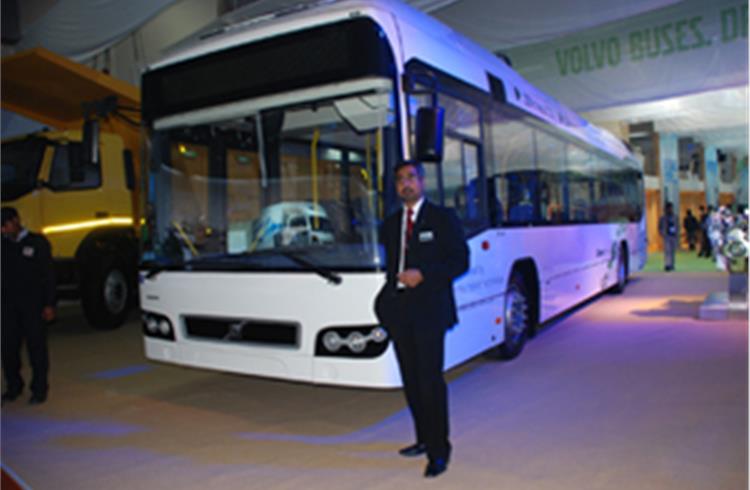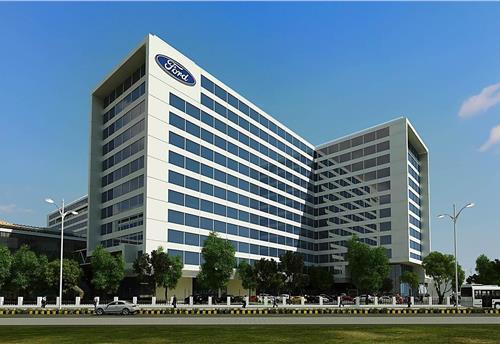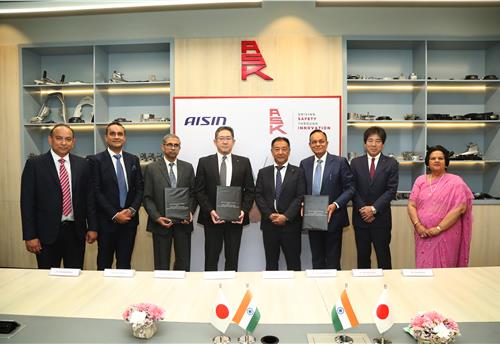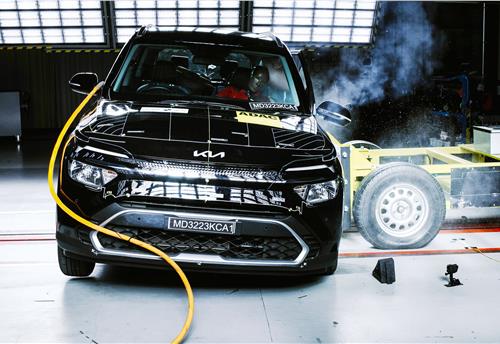Volvo bus packs world’s most efficient hybrid tech
Volvo Buses unveiled what has been the world’s first commercially viable hybrid bus – the Volvo 7700 Hybrid.
Since its launch, the Volvo Hybrid solution has emerged as a commercially viable bus and has been adopted for regular use in countries in the Americas and Europe. The company says, eight out of 10 customers have thus far returned for repeat purchase of these buses. In December 2011, Volvo Buses has secured orders for a total exceeding 450 hybrid buses from Mexico, Brazil and Europe.
Speaking at the launch, Akash Passey, managing director & CEO, Volvo Buses in South Asia, said: “The Volvo Hybrid is very much the solution cities and environmentalists have asked for. We are ready. All we await is the demand and the direction from the authorities, so that we can apply this solution specifically to Indian needs. The Volvo 7700 Hybrid has been unveiled to showcase our intent and readiness for India.”
The Volvo 7700 Hybrid is equipped with a smaller diesel engine and an electric motor, which can be used independently or jointly. The electric motor is driven by energy from a battery that is charged when the bus brakes. At bus stops, the diesel engine switches off completely, which creates a silent and exhaust-free environment at bus stops. The bus then restarts only with the help of the electric engine. The diesel engine does not start until the bus reaches 15-20 km/hour.
RELATED ARTICLES
Ford to build more EV software capability at Chennai tech hub
Ford Business Solutions India, which currently employs 12,000 personnel set to add 3,000 more; Ford, which is known to b...
ASK Automotive to set up JV with Aisin to sell aftermarket parts for cars
Ask Automotive will have 51% of the equity of the joint venture to be set up with Aisin Asia (Thailand) Company and Aisi...
Kia Carens gets 3-star Global NCAP rating in fresh tests
The Carens MPV, which was tested twice under the new protocol, scored zero stars for adult occupancy in the first test.





 By Autocar Pro News Desk
By Autocar Pro News Desk
 06 Jan 2012
06 Jan 2012
 4546 Views
4546 Views









